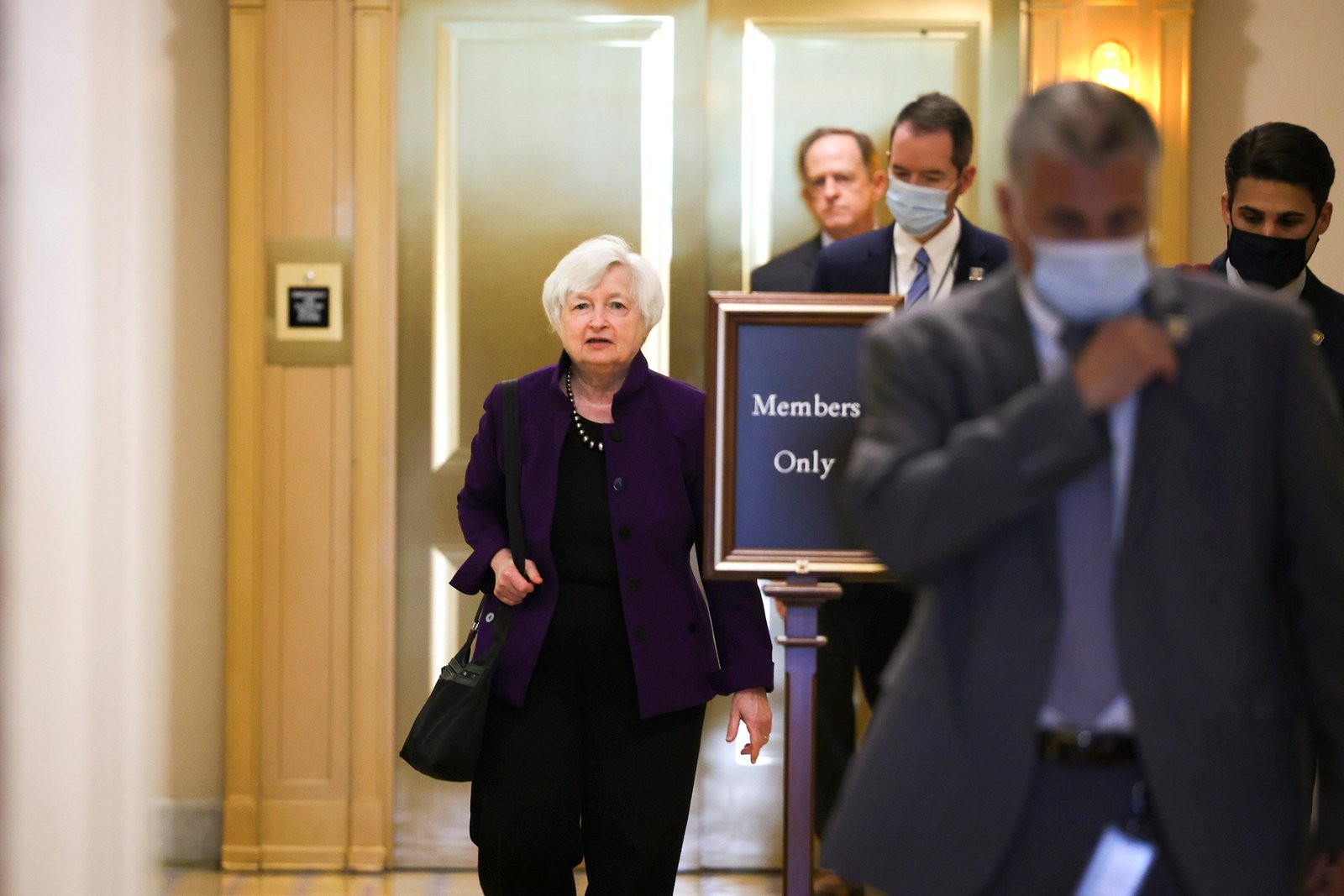growing public concern over the cost of living, Chancellor Rachel Reeves of the UK’s Labour government faced significant backlash after unveiling a controversial new tax proposal during the emergency budget review. The plan, aimed at raising an estimated £7 billion by 2030, includes extending freezes on income tax thresholds and intensifying council tax increases—moves critics say disproportionately impact middle-income households.
📉 What the Proposal Includes
- Freeze on Income Tax Thresholds
The Chancellor proposed an extension of the current freeze on personal allowance and higher-rate thresholds, set to bring an additional 1 million taxpayers into higher tax brackets over the next few years thetimes.co.uk. - Council Tax Increase
A new mandate would require all English councils to raise council tax by 5% annually until 2029, with projected gains funding local services. However, this could significantly raise household bills, drawing comparisons to the steepest hikes seen in the early 2000s news.com.au+15pulse.ng+15toronto.citynews.ca+15thetimes.co.uk+1thetimes.co.uk+1. - ISA and Pension Tax Reforms
The plan includes trimming tax benefits on Individual Savings Accounts and standardizing pension relief at 30%, which could generate around £3 billion annually but risk political cost thetimes.co.uk. - Capital Gains and Inheritance Tax Adjustments
Additional proposals include increasing capital gains tax and closing property relief loopholes—intended to unlock over £3 billion but attracting criticism for potential chilling effects on investment bloomberg.com+15thetimes.co.uk+15reuters.com+15. - No Wealth Tax… Yet
Some Labour MPs had pushed for a wealth tax (targeting those with assets over £10 million), but Reeves ruled it out, citing risk to investment—a decision that drew mixed reactions within the party reddit.comthetimes.co.uk.
🔥 Public & Political Backlash
- Institute for Fiscal Studies warning: The IFS cautioned that Reeves is just a “gnat’s whisker” from needing to raise more taxes if economic conditions worsen—even after planned measures. Growth unexpectedly contracted in April, increasing the risk of further fiscal tightening theguardian.com+1thetimes.co.uk+1.
- Strain on households: Middle-income families face the double impact of frozen thresholds and steep council tax hikes, squeezing budgets already stretched by inflation and rising living costs thetimes.co.uk.
- Opposition and internal dissent: Political rivals—and even some within Labour, including Deputy Leader Angela Rayner—warned against overburdening ordinary citizens, urging a shift toward wealth redistribution and taxation on the affluent thetimes.co.uk+1ft.com+1.
⚖️ The Balancing Act: Borrowing vs. Taxing
Reeves defended the proposals as necessary to fund infrastructure, health, and social reforms, arguing they’re an alternative to deeper borrowing. The spending review commits £100 billion toward the NHS, defence, and local services—funded through borrowing unless counterbalanced by tax revenues, including the council tax surge thetimes.co.uk+1theguardian.com+1.
Yet the IFS warns the fiscal margin is razor-thin: any economic dip or revenue shortfall could force further tax hikes in the autumn budget theguardian.com+1thetimes.co.uk+1. As Reeves admitted, while no autumn tax rise is planned, vigilance is required to maintain “ironclad” fiscal rules thetimes.co.uk.
🔮 What Happens Next?
- Autumn Budget Reaction
Policymakers and analysts will scrutinize macroeconomic data closely to assess whether further tax measures are necessary to bridge fiscal gaps. - Local Council Response
Mandatory council tax hikes could lead to public protests or pushback from cash-strapped local authorities, creating friction between central and local government. - Labour Party Debate
Internal rifts—highlighted by Rayner’s leaked memo advocating more progressive taxes—suggest ongoing tensions over whether to rely on direct taxes or spending restraint reddit.com+5heraldsun.com.au+5inc.com+5thetimes.co.uk+1ft.com+1. - Potential Legislation
Parliament might see new amendments on ISA relief or pension allowances, while capital gains and inheritance changes could spark debates in both Houses.









